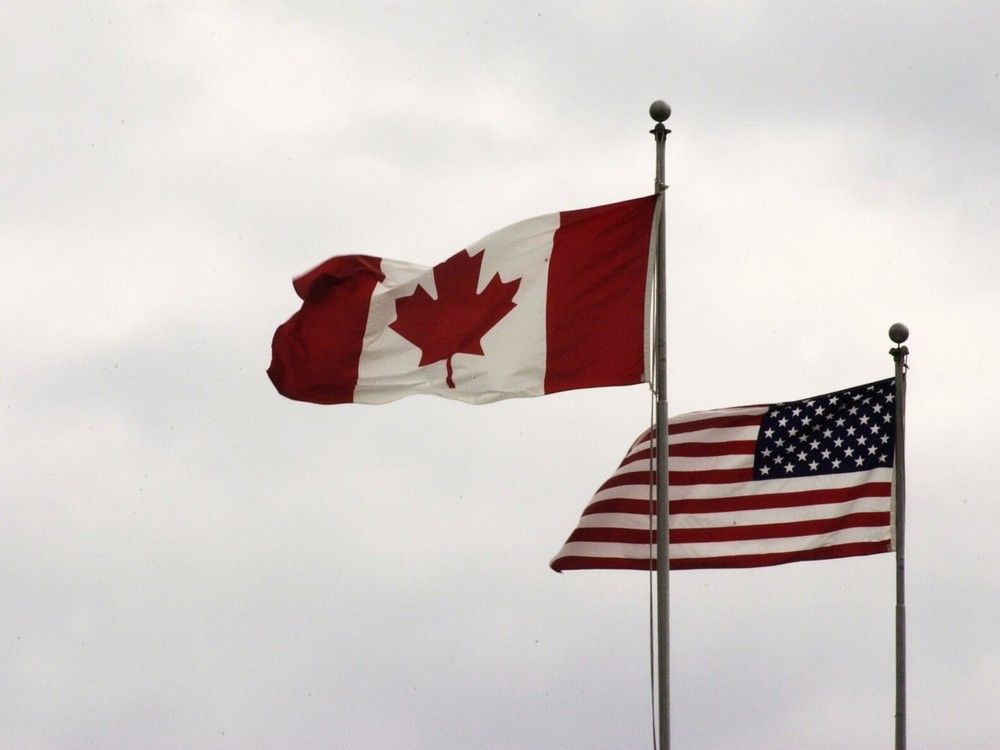Trump Tariff Strategy Risks Global Trade Norms

US President Donald Trump's approach to tariffs as a tool for gaining concessions in trade and other areas could fundamentally alter global trading norms, according to analysts.
Since his inauguration on January 20, Trump has implemented and suspended tariffs on Canadian and Mexican goods due to issues surrounding migration and illegal fentanyl, while also increasing duties on Chinese imports, which has led to retaliatory measures.
Recently, Trump announced broad steel and aluminum tariffs, reminiscent of his earlier policies during his first term where he enforced duties across these sectors, allowing for exceptions later.
Trump views tariffs as a means to generate revenue, address trade imbalances, and urge countries to respond to US concerns. Maurice Obstfeld, a senior fellow at the Peterson Institute for International Economics, highlighted that the uncertainty around trade policy has surged since Trump took office.
While analysts can make predictions about potential tariffs based on economic indicators, they caution that using non-economic goals to dictate trade policy can destabilize markets.
“The degree of uncertainty about trade policy has basically exploded,” Obstfeld stated.
Trump's current tariff threats far exceed previous actions. While past measures mainly impacted steel and aluminum imports and several billion dollars' worth of Chinese products, he is now targeting all US trading partners.
He has promised “reciprocal tariffs” in response to duties from other nations and has mandated a review of US trade deficits by April 1. This could lead to recommendations for global supplemental tariffs targeting deficit issues.
Should broad tariffs be enacted, they could influence over USD 3 trillion in imported goods.
Trump’s justifications for levies on Canada and Mexico, along with a lower rate for China, are deeply intertwined with domestic policy rather than merely trade, as explained by Howard Lutnick, Trump's commerce secretary nominee.
Christine McDaniel, a senior research fellow at the Mercatus Center, remarked, “I don't think anyone should be surprised about these tariffs or tariff threats.”
According to Stephen Moore, a longstanding advisor to Trump, the tariffs serve to motivate nations to align with US interests, indicating that countries like Canada, Mexico, and China could face greater financial repercussions than the United States itself.
However, both Moore and other experts caution that this method may escalate trade tensions, particularly with close partners like Canada. Moore also emphasized the necessity of a stable economy in Mexico for US interests.
Inu Manak, a trade policy fellow at the Council on Foreign Relations, raised concerns that Trump's tariff strategies may backfire, as evidenced by Canadian responses including public protests, such as booing the US national anthem at sports events.
This backlash could tarnish the United States' reputation in the long term.
McDaniel argues that unilateral tariffs pose a significant risk to global trading frameworks. “What is the use of WTO membership when one of the biggest countries in the world can threaten tariffs for national security reasons in such an aggressive way?” she questioned.
Her remarks underscore the disruptive potential of Trump’s tariff policy on international trade institutions and agreements.


















